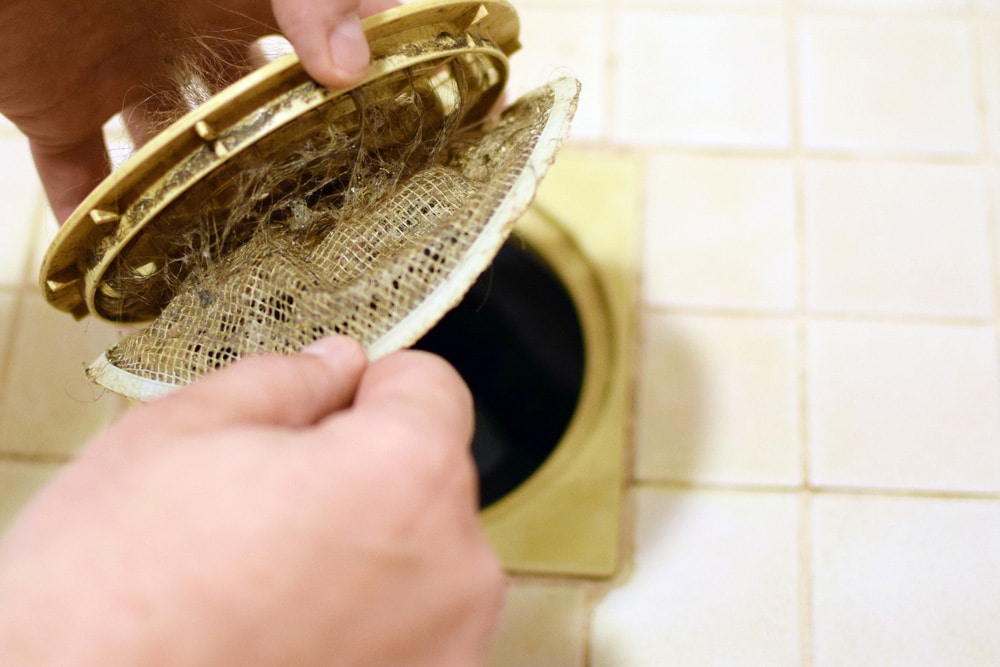Imagine waking up to the sound of a gurgling drain and finding your bathroom flooded. A blocked drain can disrupt your routine, causing inconvenience and frustration. Understanding the common causes of blocked drains and taking preventive measures can save you from this unpleasant experience. In this blog, we’ll delve into the common factors that contribute to blocked drains and provide you with practical tips to prevent them.
Common Causes Of Blocked Drains
The first step in addressing blocked drains is understanding what causes them. Here’s a closer look at the common causes:
- Hair: This is one of the top causes, especially in showers and bathtubs. Hair, combined with grease and other sticky substances, forms clumps that can lead to significant blockages over time.
- Grease and Fat: These substances might seem harmless in liquid form, but as they cool down, they solidify, sticking to the walls of pipes and causing obstructions.
- Foreign Objects: From children’s toys to bathroom products, foreign objects can easily cause a blockage.
- Plant Roots: As plants grow, their roots can intrude into pipes, especially if they sense a water source. This invasion can lead to severe blockages.
- Soap: Traditional soap bars often contain fat or grease. When soap residue combines with minerals in water, it can leave hard residues, known as soap scum, that might block pipes.
Tips To Prevent Blocked Drains
Here’s how you can keep your drains clear:
Consistent Cleaning
- Routinely pour boiling water down your sink; this can break up any emerging fat or grease buildup.
- For bathroom drains, consider using tools designed to pick up and remove clumped hair.
Mindful Disposal
- Invest in quality drain strainers. These can catch food particles, hair and other debris before they become a problem.
- Be cautious about what you flush down the toilet. Dispose of items, like baby wipes or cotton buds, in the dustbin.
Tree Placement
If you’re thinking about planting trees or large shrubs, research their root growth patterns. Position trees further away from any plumbing lines to prevent root intrusion.
Natural Cleaners
Once a month, consider using a combination of baking soda and vinegar in equal proportions, followed by hot water. This natural solution can help clear potential blockages without the use of harsh chemicals.
When To Seek Professional Help
While prevention is important, there will be times when professional intervention is necessary. Here are signs that it might be time to call plumbers:
- If multiple drains in your home are slow, it could be an indication of a blockage in the main line.
- Persistent unpleasant odours could suggest trapped decaying matter or a more severe issue within the system.
- Water backing up or overflowing is a clear sign that there’s a blockage.
Being proactive in your approach to plumbing maintenance, especially concerning your drainage system, can save you a lot of time, stress and potential repair costs. Regular checks, mindful disposal and timely interventions are all effective strategies for maintaining clear drains. For any persistent drainage issues, contact Flowwise. Our team will help you keep your plumbing system in top condition.
